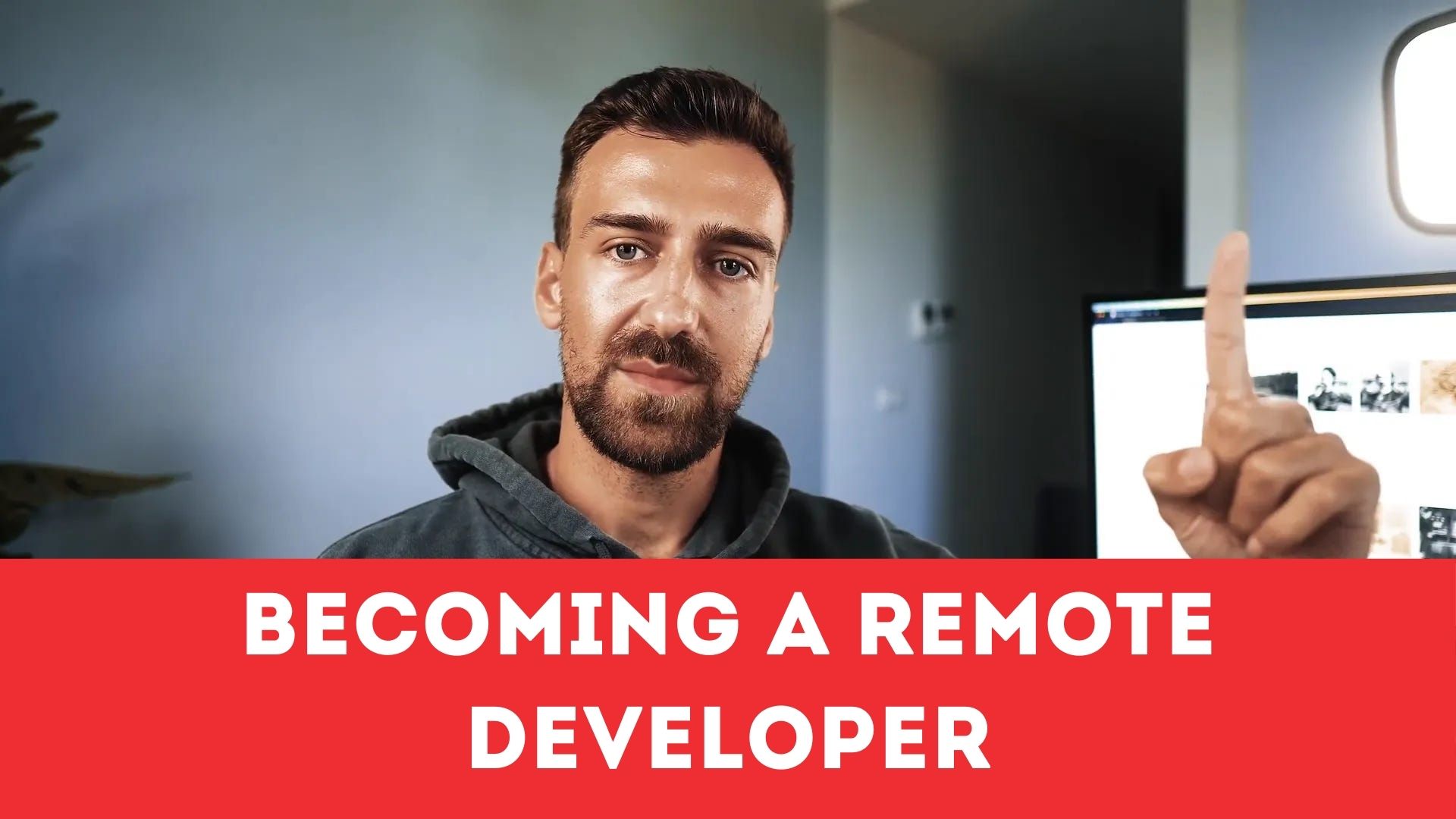Three Rules to Ensure You Get Hired as a Remote Developer

Three Rules to Ensure You Get Hired as a Remote Developer
Learning to code can be a frustrating journey, especially when you’re not following the right path. Many aspiring developers waste years of their lives because they don’t know the effective strategies that lead to success in the tech industry. In this post, we will explore three fundamental rules that can help you avoid common pitfalls and enhance your chances of landing a remote developer job.
Understanding Your Limits
The first rule is to get to know your limits and understand how much you can push yourself without burning out. This rule is essential for maintaining long-term productivity and motivation. After a recent holiday, I returned to my routine with high expectations, only to overdo my workouts and suffer the consequences. Many beginner coders similarly dive in without recognizing their limits, pushing too hard and burning out.
Pacing Yourself
When you’re learning to code, it’s crucial to pace yourself. You can push your limits, but you must first learn what those limits are. Slowly increasing your workload or the complexity of the projects you’re working on can help you build resilience without overwhelming yourself. Remember, you are not a superhero; understanding your boundaries is essential for sustainable growth.
Implementing Progressive Overload
The second rule is to understand and implement the concept of progressive overload. This principle applies not only in physical training but also in coding. Many aspiring developers fall into a rut by repeating the same tasks without making tangible progress.
Types of Progressive Overload
There are three types of progressive overload you can apply to your coding practice: doing more, doing better, and doing something new.
Doing More: Increase the amount of time you spend coding each day or week. This could mean writing more lines of code or completing more projects.
Doing Better: Focus on improving the quality of your code. This could involve refining your variable names, enhancing your code structure, and creating more complex projects.
Doing Something New: Once you feel comfortable with your current skills, look to learn new technologies or frameworks. However, ensure that you have the foundational knowledge to support this new learning.
Taking Responsibility for Your Learning
The third rule is to accept that your learning journey is entirely your responsibility. Many aspiring developers fall into a victim mindset, blaming external factors for their lack of progress. This mindset can be detrimental to your growth.
Empower Yourself
Taking responsibility means being proactive in your learning. If you’re not getting interviews, consider analyzing and improving your resume or portfolio. If you’re overwhelmed by the wealth of resources available, don’t hesitate to invest in a structured course or coaching. Remember, it’s your job to figure out the right path for yourself.
Conclusion
By following these three rules — understanding your limits, implementing progressive overload, and taking full responsibility for your learning — you can set yourself up for success as a remote developer. The journey may feel overwhelming at times, but with the right mindset and strategies, you can achieve your goals. If you’re looking for personalized guidance, consider reaching out for coaching to help you navigate your coding career effectively.
Stay motivated, keep pushing your boundaries, and remember that your growth is in your hands. Good luck!





